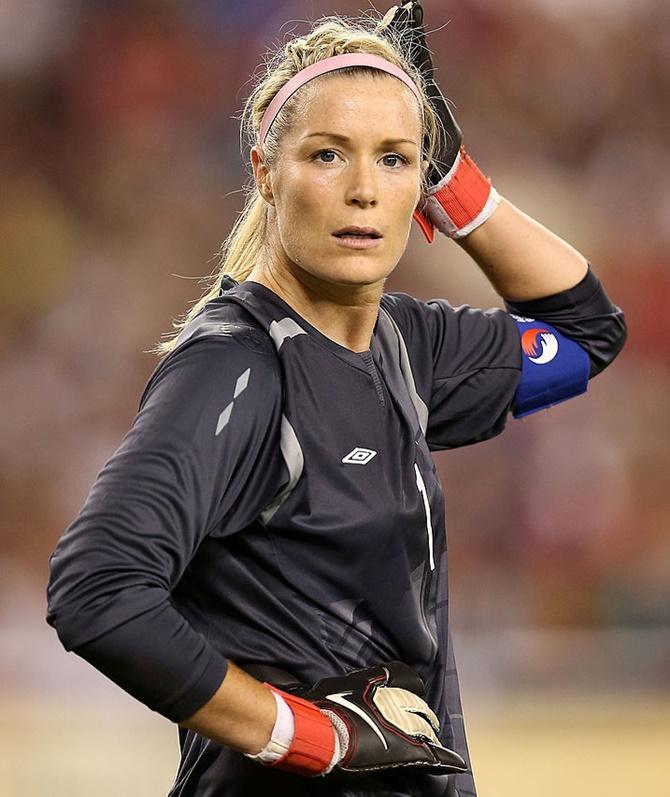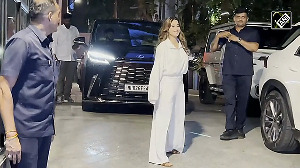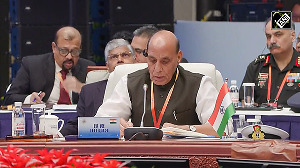‘It's humiliating to have to go to a public toilet and change. It doesn't cost much to give the squad a tracksuit to travel. I'm actually a little bit embarrassed talking about it’

Members of Ireland's women's soccer team threatened to boycott their next international match unless the country's football association tackles what they described as "humiliating" working conditions.
Fourteen members of the senior squad, the majority of whom are amateur players, said playing for their country while receiving neither compensation for loss of earnings or any match fees and bonuses was unsustainable.
The players also said that they were obliged to change into their Football Association of Ireland (FAI) tracksuits in airport public toilets on their way to matches because they are forced to share their kit with youth teams.
"It's humiliating to have to go to a public toilet and change. It doesn't cost much to give the squad a tracksuit to travel. I'm actually a little bit embarrassed talking about it," Ireland captain Emma Byrne told a news conference.
The FAI said it was "deeply disappointed" that members of the team had threatened to withdraw from next week's friendly with Slovakia and that it had repeatedly invited players to discuss "tangible financial offers" to compensate the squad.
The FAI was drawn into a bitter dispute over playing conditions 15 years ago when then-men's captain Roy Keane walked out on the national team at the 2002 World Cup, famously comparing Ireland's training ground to a car park.
The women's players, which included Stephanie Roche, the striker who came second to Real Madrid's James Rodriguez in the 2014 FIFA Puskas Award for goal of the season, said many of them gave up 40 working days last year to train and prepare for international games.
Among their requests, they asked that they be paid a match fee of 300 euros, receive gym membership and stay in hotels that had "at the very least" working and reliable wi-fi.
"It's about respect, it's about dignity, it's about fairness and it's about equality," said Stuart Gilhooly, a solicitor for the Professional Footballers Association of Ireland (PFAI), the players' representative body.
"I think we need to recognise that the women's international team is being treated not as a second-class citizen, but as a fifth-class citizen. They are the dirt off the FAI's shoe, that's how they see them."







